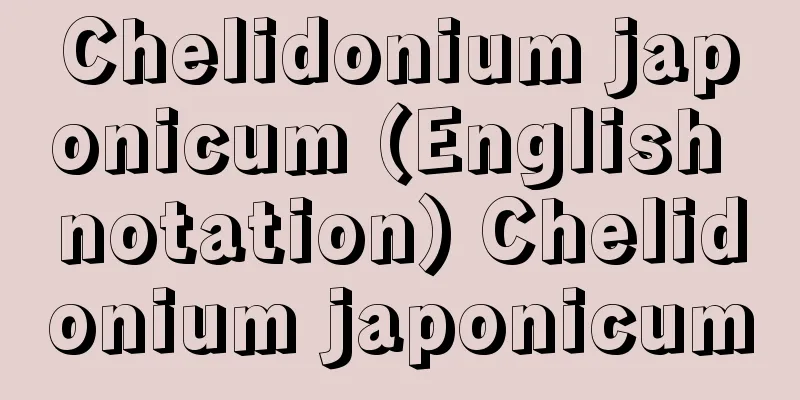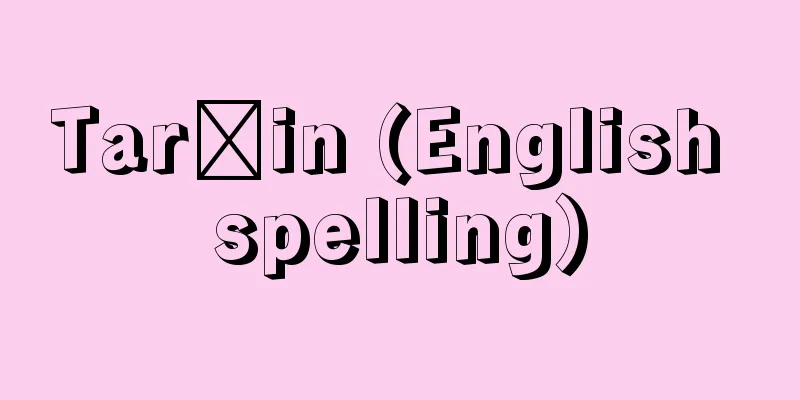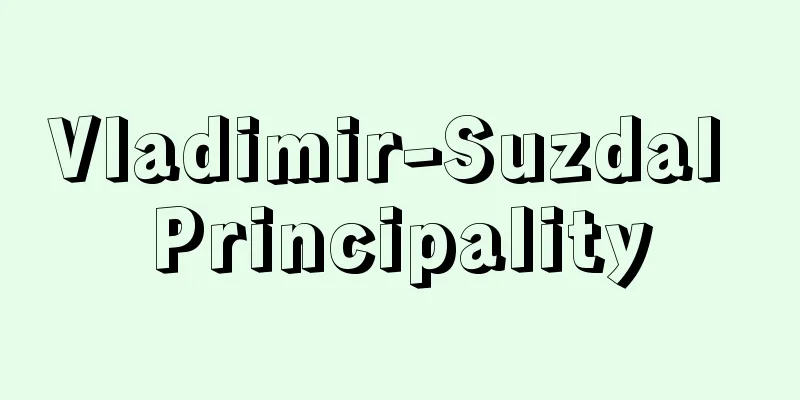Smuta (English spelling)

|
In Russian, it means "Trouble," but as a historical term, it refers to the turmoil in Russia in the early 17th century, also called the "Time of Troubles (Smutnoe vremya)." The historiography of the Soviet Union has rejected the term and concept of "smuta," which was widespread before the 1917 revolution, and instead emphasizes the aspect of "foreign interference and peasant wars." In 1603, while the Boris Godunov government was busy suppressing the "Khlobko Uprising," a young man who called himself Dmitry, the son of Russian Tsar Ivan IV, appeared in Poland. Source: Heibonsha World Encyclopedia, 2nd Edition Information |
|
ロシア語で〈動乱〉の意であるが,歴史用語としては17世紀初頭のロシアの動乱をいい,〈動乱時代Smutnoe vremya〉とも呼ぶ。ソ連邦の歴史学は,1917年の革命前に普及していたこの〈スムータ〉という術語・概念を排し,〈外国干渉と農民戦争〉という側面を強調している。 ボリス・ゴドゥノフ政権が〈フロプコの蜂起〉鎮圧に忙殺されていた1603年,ポーランドにロシアの皇帝イワン4世の皇子ドミトリーと自称する青年が現れる。
出典 株式会社平凡社世界大百科事典 第2版について 情報 |
>>: Habitat segregation - Habitat segregation
Recommend
Moratorium (English spelling)
A government law that allows the government to sus...
Lent lily
…However, because it is somewhat difficult to cul...
Embiotocidae
...Late spring, when the fish are pregnant, is co...
Federterra (English spelling)
The abbreviation for Federazione nazionale dei lav...
Phyllium pulchrifolium (English spelling) Phylliumpulchrifolium
...They move slowly, and both adults and larvae f...
Lean burn method
…At this time, the combustion is improved so as n...
Kamboja
…The term mahājanapada translates to “great count...
Trichomonas vaginalis
…[Kawaguchi Hiroaki]. … *Some of the terminology ...
Calypso
…Although he was born in New York, he spent about...
Svarez, CG (English spelling) SvarezCG
…In 1780, by order of Frederick II (the Great), a...
Ka-tan
Chinese politician and geographer in the mid-Tang...
Momonosuke Ichikawa
...In the 1920s, the action movie craze was furth...
Mariotte blind spot
…That is, the visual sensitivity is extremely goo...
Fish Hawk - Uotaka
〘Noun〙 (Based on the fact that it likes to catch a...
Bakfark B.
…1192-1216). From the 13th to the 15th century, m...









